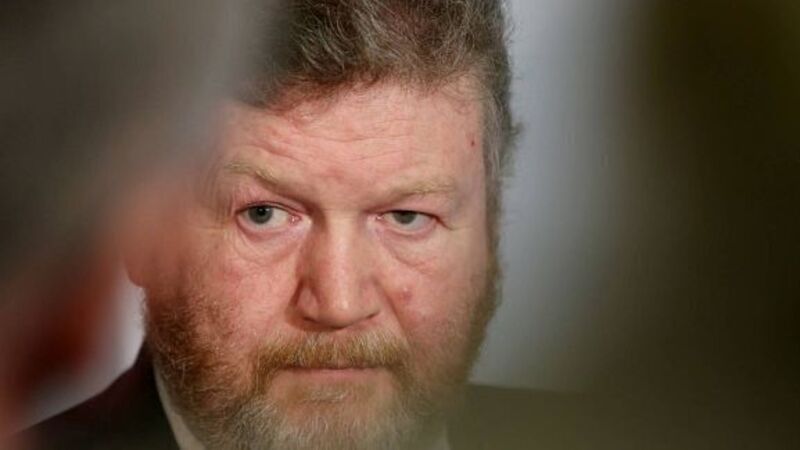Consultants seek meeting with Health Minister over hospital reorganisation

The body representing hospital consultants is seeking a meeting with the Health Minister after he announced that almost 50 hospitals will be headed by six independent groups under plans to reform Ireland’s acute hospital system.
James Reilly claimed the plan will modernise the health system and deliver safe and high quality care for patients across the country.













